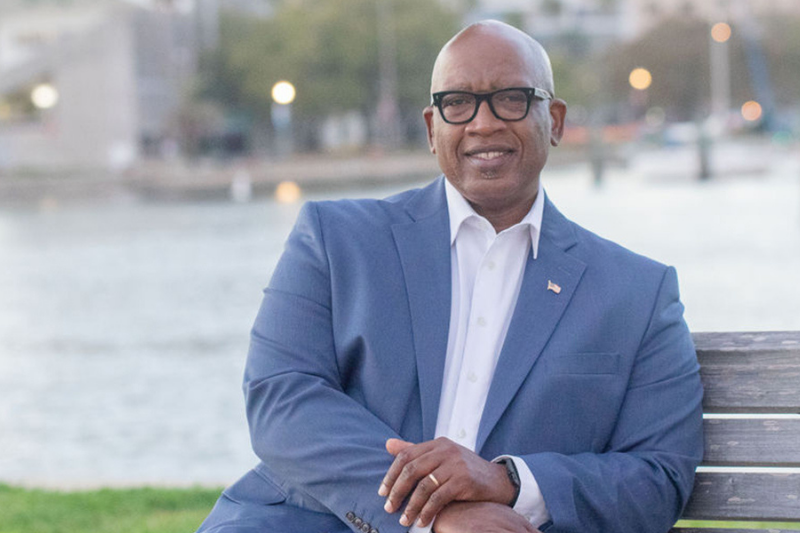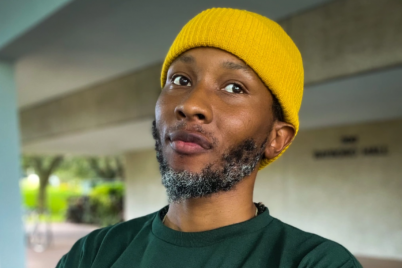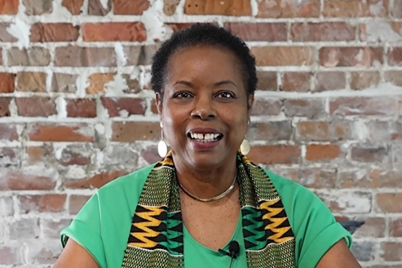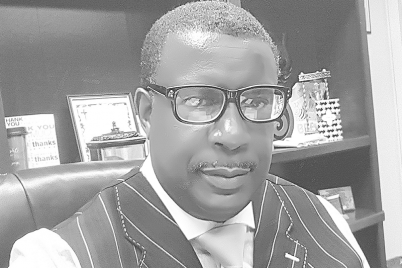As a third-generation St. Pete resident, Ken Welch said, “Progress is the presence of opportunity and hope for every part of our city. Progress is safe neighborhoods, its infrastructure built for the realities of climate change.”
ST. PETERSBURG — The St. Pete Catalyst, the Suncoast Tiger Bay Club, and Eckerd College sponsored a live, in-person forum among St. Petersburg mayoral candidates on Monday, June 28.
The event was live-streamed from the Isla del Sol Clubhouse and included candidates Ken Welch, Wengay Newton, Darden Rice, Robert Blackmon, Marcile Power, Michael Ingram, Pete Boland, and Torry Nelson.
Each candidate had 15 minutes in front of the invited audience to answer questions from moderator Kelly Kirschner.
Welch, a third-generation St. Pete resident who served on the Pinellas County Commission for two decades, said that though there has been a lot of change and growth in the community, it doesn’t necessarily translate into progress.
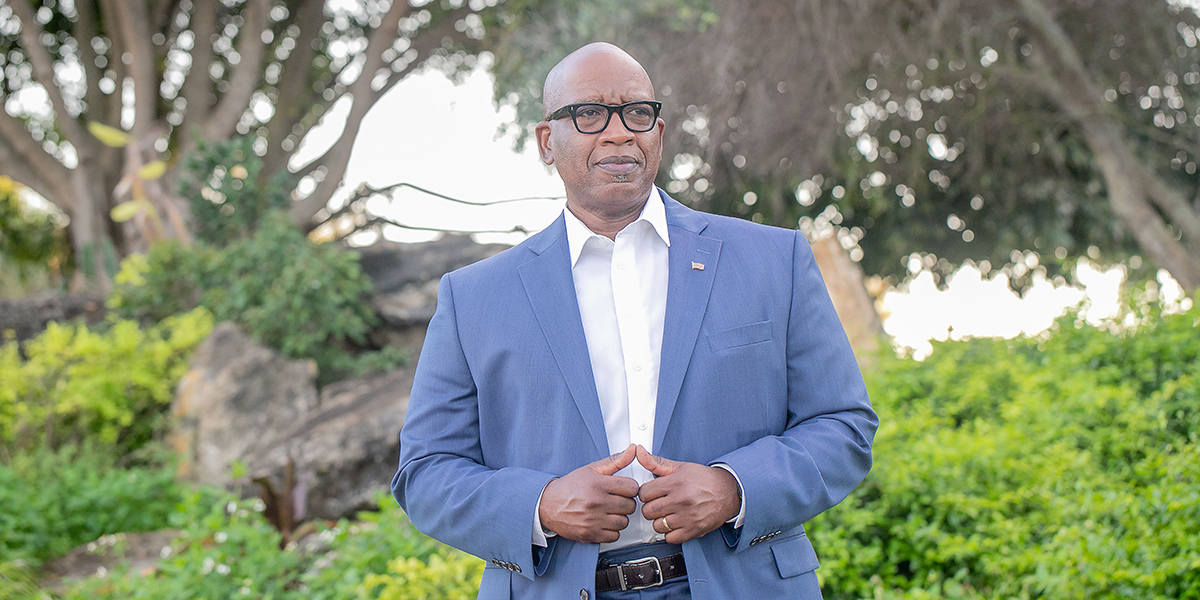
Ken Welch
“The reason I’m running is to make sure that we have progress for everyone that lives in our community,” he said. “That every neighborhood sees a path to progress, and they feel that they are part of the progress, not being displaced by progress that we’re seeing.”
The city currently has an economic development strategy targeting five key sectors. Welch said that though he believes those sectors are still relevant, he wants to focus on the “missing gap.”
“We need to connect with young people and folks in south St. Pete in a new way,” he explained. “After the rash of shootings, I held two youth summits to ask young people what is missing. A lot of what they say is they can’t get to the opportunities that are there. So, I want to support our education system so that youth are ready for kindergarten, but also that there are opportunities like STEM (science, technology, engineering, and math education).”
Concerning climate change and its relation to the city specifically, Welch is a firm believer in following the science.
“During my last year on the county commission, we had to deal with the pandemic,” he said. “We followed the science and the medical experts. We’ve got to do the same thing with sea-level rise. Sea level rise is a reality. We are ground zero in St. Pete; we’re a peninsula within a peninsula. If you look what’s happening, including the collapse on the west coast, we are being affected by saltwater intrusion already.”
As to how to responsibly develop and redevelop such a large percentage of the city’s land located in the coastal high hazard area, he said we have to be smart.
“We can’t say we won’t develop anywhere on the coastal high hazard,” Welch pointed out, “but we have to be intentional.”
As Black and Brown communities are most impacted by climate change, Welch said, “We have to not move all of the new housing to where the affordable housing is now and further gentrify, so it’s a very complicated issue.”
Regarding the city’s recent issues with sewage overflow and the possible need for future funding for wastewater treatment, Welch said that we’ve ignored our infrastructure for too long, and it is evident that our growth is outpacing our infrastructure.
“You’ve got growth, you’ve got old pipes, you’ve got infiltration,” he said, “and you end up with spillage.”
Though he conceded it would be costly to fix, and residents will likely see their water rates go up, Welch said he aims to draw as much federal relief as possible to help allay the costs.
It may be difficult to keep the charm of Central Avenue as a quaint Main Street type of corridor as the city continues to grow, as Welch noted that “we’re getting what we asked for.”
“We’re becoming a big city, and so downtown is going to be less and less affordable, but we have other options as you move west, south and north,” he said.
Welch served on the Pinellas County Commission when it started the city’s housing trust fund, he said, which targeted housing for residents making 80 percent AMI (area median income) and less.
“We put more than 4,000 units on the ground,” he said.
On moving forward with the Tropicana site redevelopment project, Welch said collaboration and communication would be key if he is elected mayor.
“Communication with the city council, communication with the Rays, which I’ve done constantly, being a commissioner,” he said, adding that the Al Lang Stadium site is still on the table as a possible new home for the team.
As for working with Tallahassee’s Republican majority to benefit the city, Welch said he is not “going to pick a fight,” but he won’t be quiet when he sees an injustice, such as voting rights being attacked.
“I’m going to speak out on issues like that,” he stressed. “But where I can work with the legislature — and I’ve done this as a leader of the Florida Association of Counties, 1st vice president — we’ll do that on issues like drawing down federal funds. That’s something we can work together on. But there is a line, and when it’s crossed by Tallahassee, I’m going to have to speak out on it.”
Welch believes engagement with the community is vital to ensure that the police department is a transparent, accountable body for all citizens, particularly its minority population.
“One thing that I participated in were the six community conversations that the NAACP had in conjunction with the police,” he said. “Very informative, hearing from the citizens. I also met with Chief [Anthony] Holloway and have a great relationship with him. Law enforcement cannot be the solution for every problem. It has to be accountability for all — that means families, neighborhoods all have to be involved, and law enforcement can’t solve everything for us; they’re a partner.”
Welch said he plans to bring his background, values, collaboration, leadership and experience to the job.
Visit KenWelch.com to learn more.
To reach Frank Drouzas, email fdrouzas@theweeklychallenger.com

